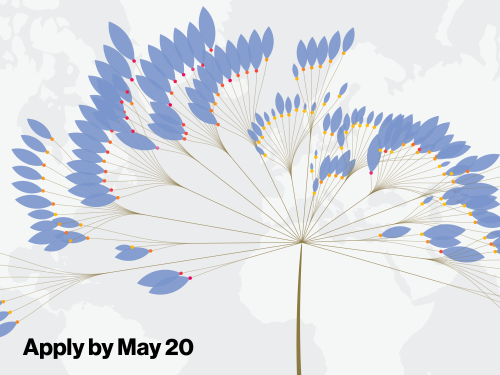Research Topics
AI & Machine Learning
Artificial Intelligence (AI) is reshaping daily life with personalized recommendations, medical assistance, assisted driving, and countless other applications, presenting significant risks alongside opportunities. To fully use the benefits of AI, we aim to develop trustworthy machine learning methods for complex problems, thereby unlocking AI’s positive potential.
Efficient Machine Learning is a rapidly evolving field focused on enhancing AI to effectively manage large, complex datasets, particularly those arising from natural ecosystems and human-made networks. This domain is crucial for understanding, modeling, predicting, and even mimicking the behavior of systems characterized by high dimensionality, non-linearity, multi-modality, and emergent phenomena. Central to this field is the development of machine learning algorithms, including deep learning and neural networks, that are not only computationally efficient, robust, and adaptive but also trustworthy and explainable to humans.
We aim to develop algorithms tailored to process and learn from observational and sensor data gathered in complex environments without overwhelming computational resources. Our advancements in machine learning enhance efficiency, scalability, and sustainability, improving our understanding of complex systems. This technology supports predictive analytics, forecasts future system states, and aids decision-making.
Hence, machine learning permeates many of our research activities. To name a few: In the realm of health, we employ machine learning techniques to identify patterns in high-dimensional data of treatment processes, diagnoses, medications, and disease progressions. Similarly, in the study of social networks and human dynamics, we use Large Language Models (LLMs) and Natural Language Processing (NLP) techniques to analyze extensive text corpora. We aim to deepen our understanding of future trajectories of human and AI collectives. In our foundational research, we explore AI from the perspective of statistical physics of complex systems and information theory, with our work in autocoding technology closely intertwined with the theory of generalized entropies that we have
Goals
- Decreasing the computational demands of machine learning techniques to reduce AI’s natural resource consumption
- Improving the trustworthiness and human comprehensibility of modern machine learning methods
- Understanding cognitive, social, and political aspects of Human-AI teams
- Providing robust, adaptable algorithms for a range of high-stake applications, from healthcare to robotic and autonomous systems
- Fostering the democratization of AI by making data analysis accessible across diverse environments







